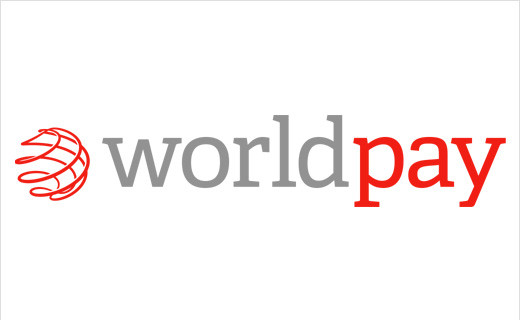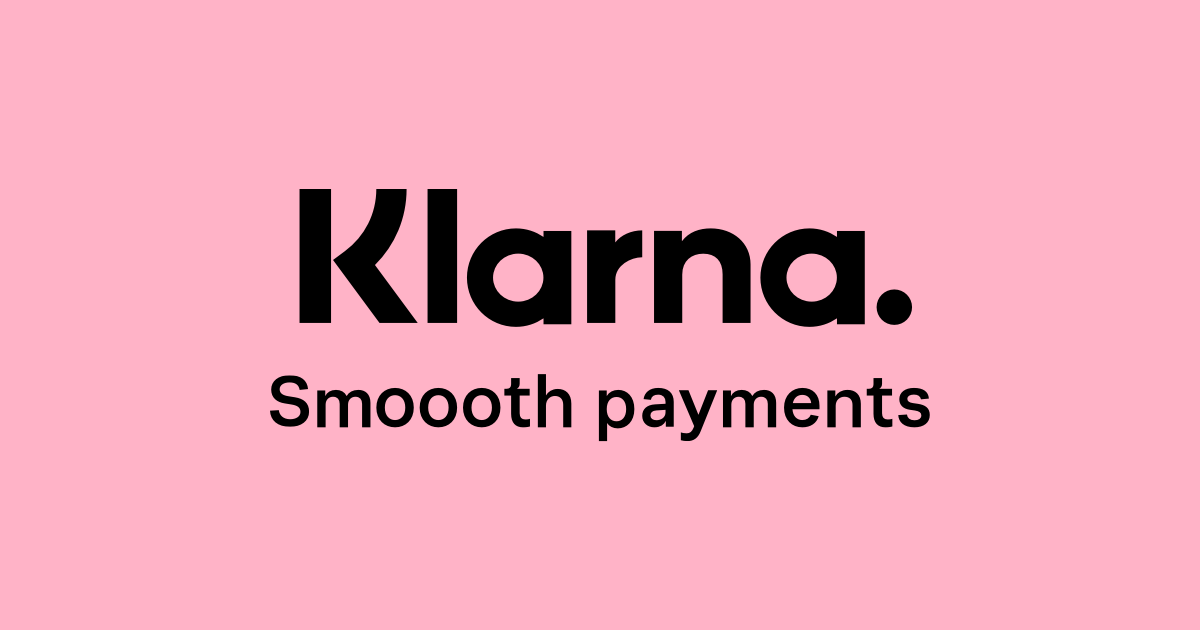The 10 Best Alternative Payment Aggregators
In a world where more transactions occur without cash and through online platforms, it’s imperative as a merchant to stay competitive and offer your customers simplified methods to pay for your products or services.
Enter payment aggregators. Payment or merchant aggregators are third-party payment solutions that allow for easy merchant sign-up directly underneath the third-party’s merchant identification number to process transactions through a single master account. This allows for businesses to start credit card and online money transfers without the need of an individual merchant account through a bank or other financial services provider.
Most payment aggregators provide a simple and transparent fee structure, usually without the need to sign up with a fixed contact. Once you complete the quick sign-up process, merchants are typically approved within days and can begin processing e-commerce transactions immediately.
Generally, merchant aggregators are only appropriate for small to medium-sized businesses that have a lower monthly transaction volume. Businesses with higher monthly transactions may end up paying more fees than with other payment processing solutions.
Once you decide if a payment aggregator is right for your business, you can begin researching the pros and cons of each individual provider. We have compiled a list of the 10 best alternative payment aggregators in the UK to help save you some time and hassle.












